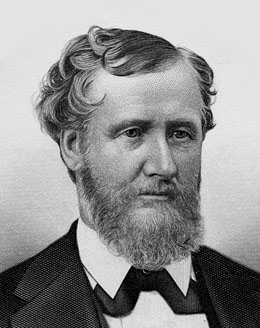Frederick Griffith was a British bacteriologist who performed transformation experiments that suggested that DNA was the hereditary material. His focus was on the epidemiology and pathology of bacterial pneumonia – which led him to develop the principle of bacterial transformation – which allow scientist to transform a bacterium through the introduction of exogenous DNA carrying the gene of interest.
Frederick showed that streptococcus pneumonia could transform from one strain into a different strain, an effect he attributed to an unidentified transforming principle or transforming factor. In 1928, Frederick reported what is now known as Griffith’s Experiment, which was the first widely accepted demonstration of bacterial transformation.
Frederick’s student, Avery Oswald, later demonstrated this principle of bacterial transformation conclusively. Frederick Griffith’s work established the foundation of molecular genetics, a field which is thriving today in the biomedical, biological and medical sciences.
His work showed that DNA is the genetic material.
References
Barrett J.T (1998). Microbiology and Immunology Concepts. Philadelphia, PA: Lippincott-Raven Publishers. USA.
Beck R.W (2000). A chronology of microbiology in historical context. Washington, D.C.: ASM Press.
Nester E.W, Anderson D.G, Roberts C.E and Nester M.T (2009). Microbiology: A Human Perspective. Sixth edition. McGraw-Hill Companies, Inc, New York, USA.
Salyers A.A and Whitt D.D (2001). Microbiology: diversity, disease, and the environment. Fitzgerald Science Press Inc. Maryland, USA.
Slonczewski J.L, Foster J.W and Gillen K.M (2011). Microbiology: An Evolving Science. Second edition. W.W. Norton and Company, Inc, New York, USA.
Summers W.C (2000). History of microbiology. In Encyclopedia of microbiology, vol. 2, J. Lederberg, editor, 677–97. San Diego: Academic Press.
Talaro, Kathleen P (2005). Foundations in Microbiology. 5th edition. McGraw-Hill Companies Inc., New York, USA.
Discover more from Microbiology Class
Subscribe to get the latest posts sent to your email.





